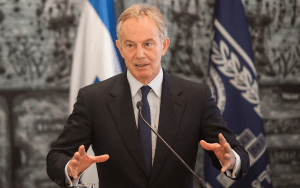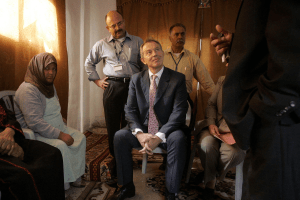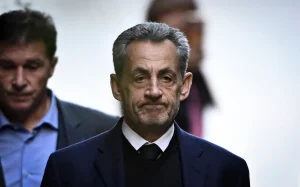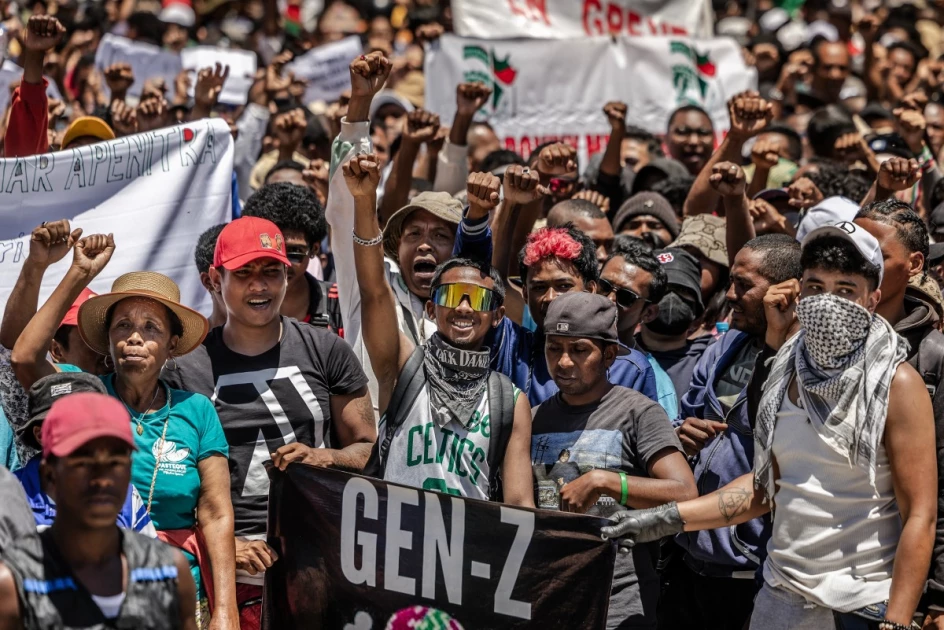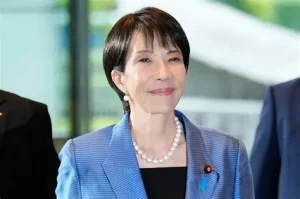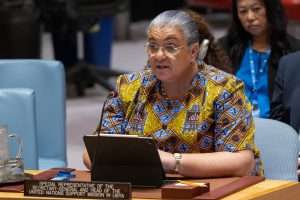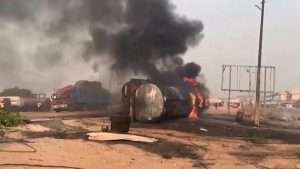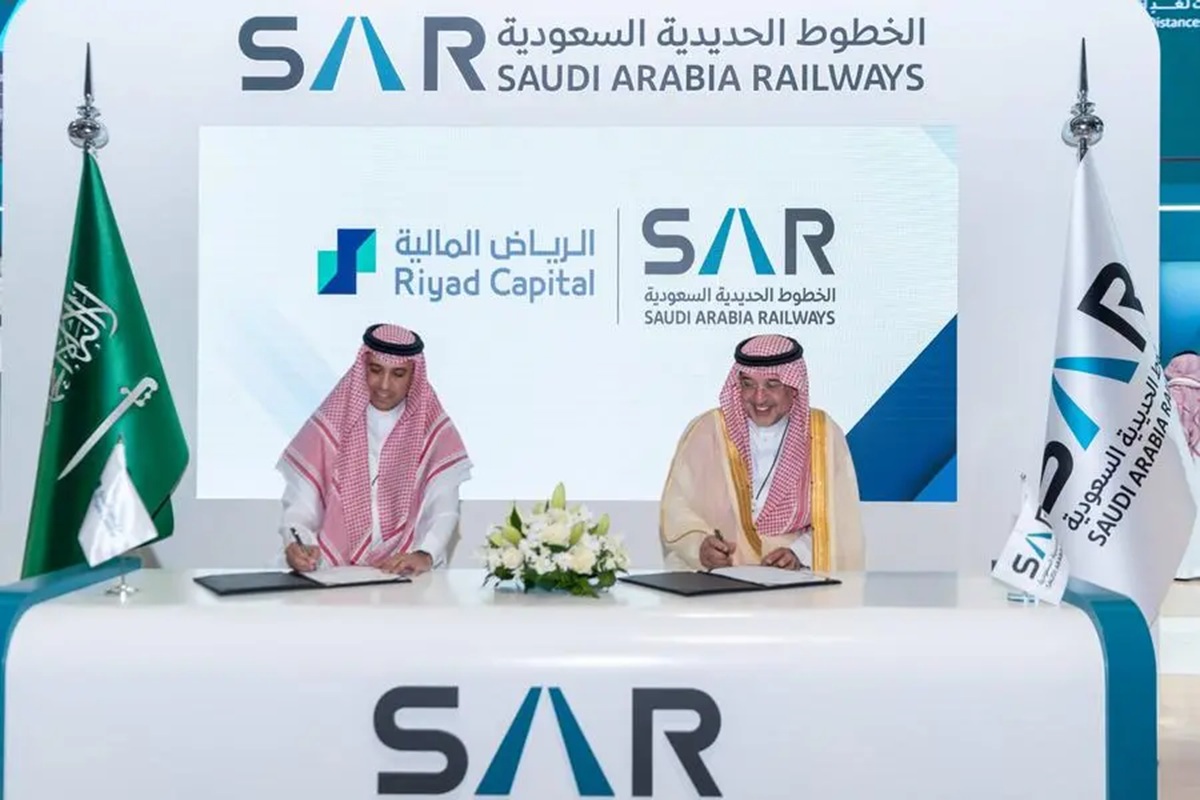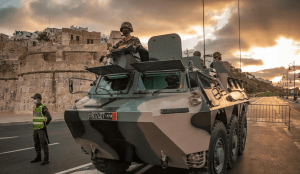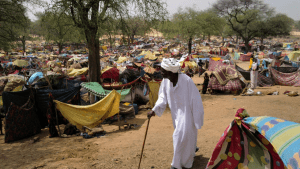UN mission in Libya announces inclusive participant criteria
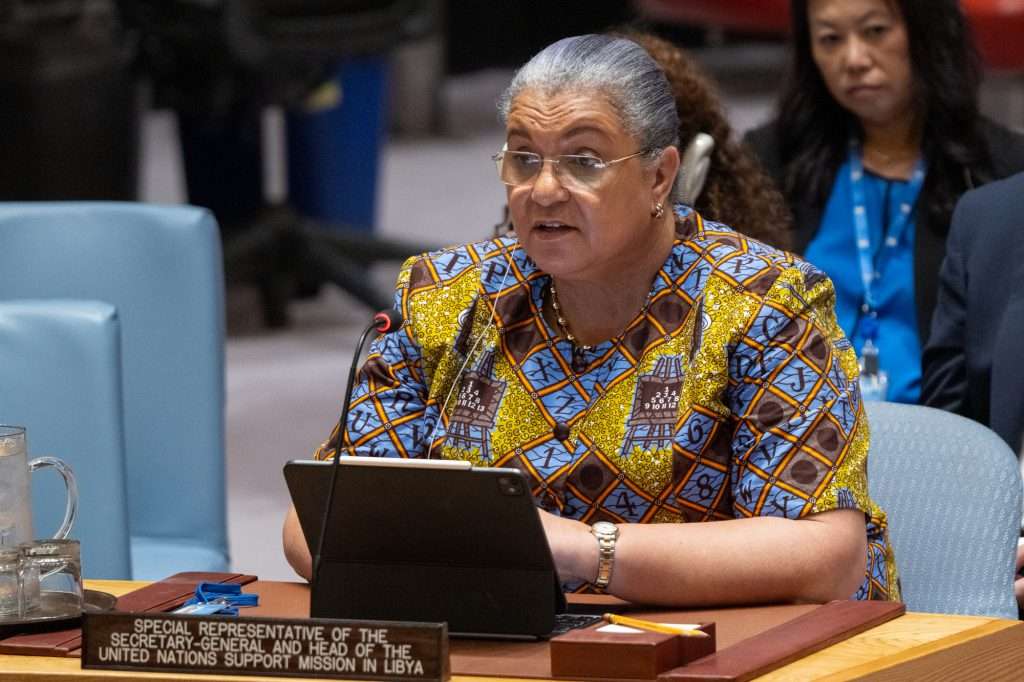
As part of its mission in Libya, the UN has unveiled a framework for selecting participants in its upcoming structured political dialogue that aims to foster inclusivity, as written by Moroccan government-friendly North Africa Post on 21st October.
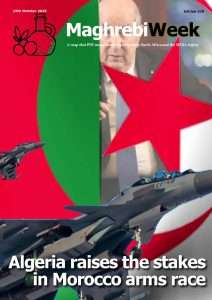
The United Nations Support Mission in Libya (UNSMIL) is a special political mission that was created in the aftermath of the Libyan Civil War. The mission was initially interested in providing support to post-war efforts of re-establishing political stability, mainly through its backing of Libya’s transitional governments at the time. Most recently, UNSMIL reiterated their support for the electoral commission in Libya.
Although Libya’s civil war was resolved in 2020, the country has still been plagued by a variety of internal issues relating to rival groups, fragile security and migration. The dialogue is reported to cover five major themes: governance, economy, security, national reconciliation and human rights.
When asked about the upcoming dialogue, UNSMIL issued a statement explaining its focus on representation that was both inclusive and geographically diverse. They went on to ensure participation from voices belonging to a range of cultural and institutional groups in civil society, as well as from marginalised groups such as women. They also explained their emphasis on giving their youth the chance to participate in the dialogue. Ultimately, the upcoming talks are meant to let a diverse group of Libyans help shape the future of their country.
Furthermore, UNSMIL said the initiative seeks to promote partnerships and collaborations with official bodies, including political parties, municipal councils and trade unions in an effort to provide a solid basis for national elections and civilian democracy.
Through dialogue initiated by UNSMIL, the movement plans to enrich Libya’s political balance and cultural development through difficult conversations that emphasise unity, embolden governance structures and attack key structural problems that have enabled conflict in Libya in the past.
North Africa Post, Maghrebi.org
Want to chase the pulse of North Africa?
Subscribe to receive our FREE weekly PDF magazine





